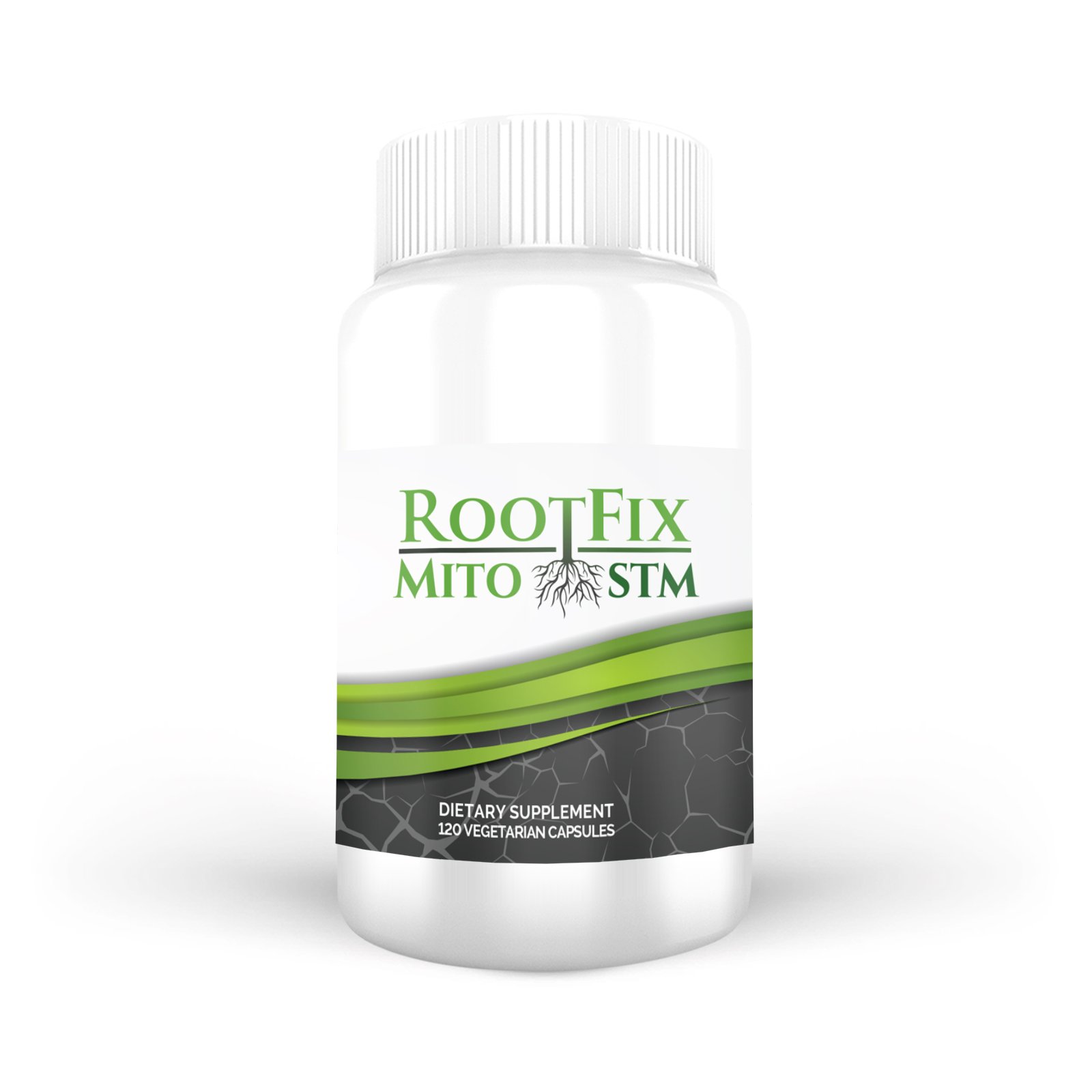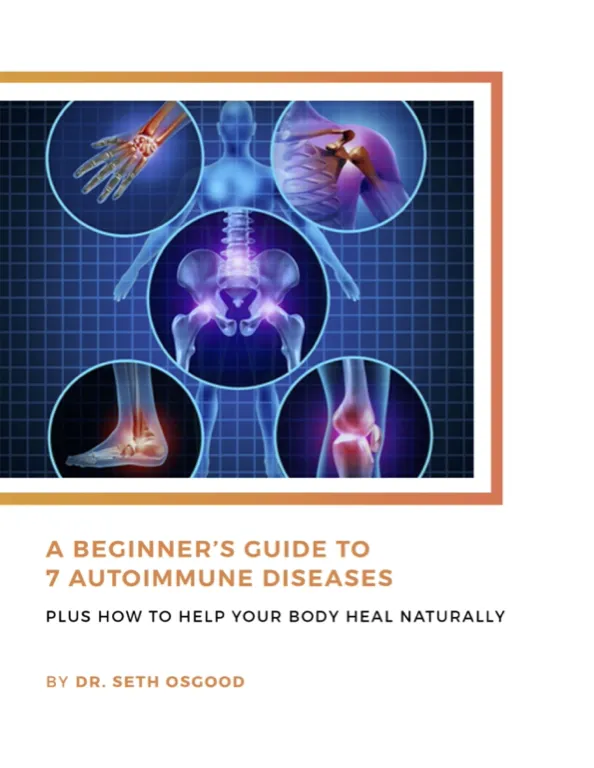When patients tell me they feel exhausted and depleted, they often don’t realize it’s because their mitochondria need support.
These power plants keep your mind and body energized and increasing them may even increase your lifespan.
So before you reach for the caffeine, let’s look at what they are, why yours may need some TLC, and how to support them.
What Are Mitochondria?
You probably remember hearing “The mitochondria is the powerhouse of the cell” back in your high school science class. These organelles are indeed like battery packs in your body. They take in nutrients, break them down, and create ATP to fuel your cells.
Certain cells and areas of your body require more of these battery packs than others. Your brain, for example, uses up to one fifth of your body’s total energy, so it requires a great number of them.
Why Do Mitochondria Decline?
When you’re young, you have plenty of mitochondria. This is why you were able to stay up til the wee hours of the morning in your 20’s yet now you yawn just thinking about that 😉
As you age, your mitochondria decrease in size and number, taking your energy along with it. Researchers now believe this decline is a primary driver of aging, Alzheimer’s and dementia, and our current epidemic of heart disease.
Beyond their natural decline, mitochondria also take a hit from environmental factors.
Poor sleep, chronic stress, junk foods, and lack of exercise all decrease mitochondrial health and energy.
How to Fuel Your Mitochondria
As I mentioned, there are numerous lifestyle factors that can boost or deplete mitochondrial function. Here we’ll focus on actionable tips you can use in your diet to support your mitochondria and increase your energy.
1. Eat Healthy Fats
Your mitochondria can either use carbohydrates or fatty acids to create energy, but they are far more efficient when using fatty acids. Consume plenty of avocados, wild caught salmon, animal fats, and consider taking a daily Omega 3 supplement. It may also be beneficial to limit your carbohydrate intake, but speak with your provider or nutritionist about this as everyone’s carb needs are individualized.
This is why patients in our Adaptation Programs receive personalized nutrition plans crafted by myself, our nurse practitioner, and our functional nutritionist.
2. Focus on Powerhouse Nutrients
You can enhance and protect your mitochondria with a boost of the nutrients they rely on to function optimally, including:
- B vitamins are key for metabolic pathways in energy production. Essentially, they help convert the energy from food into ATP. Note: When choosing supplements, always look for methylated B vitamins. This means they are in their active form and are ready for your body to use.
- CoQ10 is an energy transfer molecule that is concentrated in organs with high energy demands because it helps synthesize ATP.
- Alpha lipoic acid is an antioxidant that supports mitochondrial renewal and production.
- L-carnitine helps transport fatty acids into your mitochondria where they can be used to generate energy.
- Curcumin is well known for being anti-inflammatory, but it also improves energy levels and supports memory and mood.
- D-Ribose is a naturally occurring sugar that also plays a role in energy transfer.
- Resveratrol is another antioxidant that supports ATP production while decreasing inflammation and slowing aging. If you’ve heard that drinking red wine can help you live longer, this is attributed to the Resveratrol it contains.
In our online store, we carry a supplement called RootFix MitoSTM that contains all of these key nutrients for mitochondrial function. I like to call it a multivitamin for energy because it covers so many bases.

3. Avoid Pesticides and Herbicides
Your mitochondria are sensitive to toxins, including the ones sprayed on our produce. A high toxic burden can interfere with mitochondrial function, so opt for organic, non-GMO foods when possible.
4. Ditch the Junk Food and Sugar
I know this is tough as we head into the holiday season, but hear me out! These foods are often laden with toxic additives and are highly inflammatory, which leave your mitochondria vulnerable.
Your mitochondria may decline as you age, but we can be proactive in how we protect and preserve them!
About the Author: Dr. Seth Osgood is a Doctor of Nursing Practice, Board Certified Family Nurse Practitioner and Institute of Functional Medicine (IFM) Certified Practitioner. Dr. Osgood received his post-graduate training in Functional Medicine through the IFM and from working with Dr. Amy Myers. He has helped people from around the world improve their health utilizing a Functional Medicine approach.




